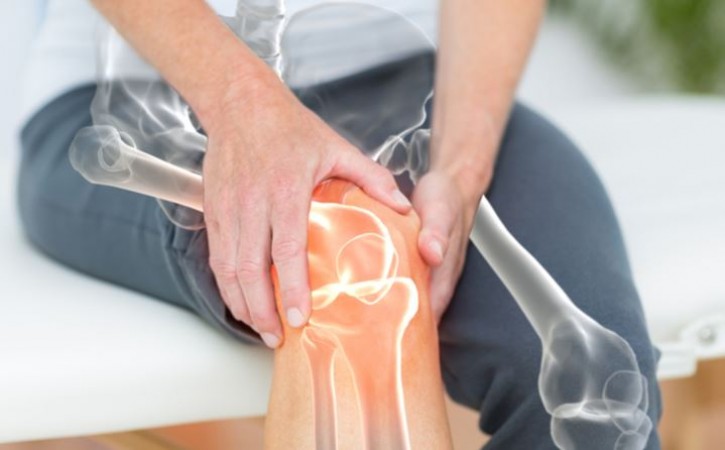
Bones are the fundamental structural components of our body, providing support, protection, and allowing us to move. Maintaining healthy bones is essential for overall well-being, but unfortunately, due to poor lifestyle choices and dietary habits, many people experience bone-related issues at a relatively young age. In this article, we will explore the effects of certain foods when consumed excessively, which can negatively impact bone health. It is crucial to understand the importance of moderating the intake of these items for the sake of our bones.
Excessive Caffeine Intake and Its Impact on Bones
One of the most common dietary habits that can affect bone health is the excessive consumption of caffeine. Caffeine is a stimulant found in coffee, tea, energy drinks, and various soft drinks. While it provides a temporary energy boost, overindulging in caffeine can have adverse effects on bones.
Research has shown that excessive caffeine intake can lead to weaker bones. This is because caffeine interferes with the body's ability to absorb calcium, a vital mineral for bone health. When calcium absorption is hindered, bones become more susceptible to weakening over time. Therefore, it is advisable to limit caffeine consumption to maintain strong and healthy bones.
The Impact of Excess Sugar on Bone Health
In 2018, a research study highlighted the detrimental effects of excessive sugar consumption on bone health. Excess sugar intake can result in the loss of essential minerals such as calcium, magnesium, and potassium from the body through urine. These minerals play a crucial role in maintaining bone density and strength.
To safeguard bone health, it is recommended to restrict sugar intake to no more than 10 percent of your daily calorie intake. By moderating sugar consumption, you can help preserve the essential minerals that contribute to the strength of your bones.
Alcohol and Its Effects on Bone Health
The consumption of alcohol can also impact bone health negatively. Alcohol interferes with the body's ability to absorb calcium and vitamin D, both of which are essential for maintaining bone density and strength. When these nutrients are not adequately absorbed, bones can become weaker and more susceptible to fractures.
It's crucial to consume alcohol in moderation to minimize its impact on bone health. Excessive and frequent alcohol consumption can lead to hormonal imbalances, further exacerbating bone-related issues.
High Salt Intake and Bone Health
A diet high in salt can contribute to calcium deficiency in the body, which, in turn, can harm bone health. Excessive salt consumption can lead to an increased excretion of calcium through urine, making it less available for bone maintenance.
Reducing salt intake and opting for a balanced diet with appropriate calcium-rich foods can help mitigate the negative effects of salt on bone health.
Physical Activity and an Active Lifestyle
In addition to dietary factors, physical activity and an active lifestyle play a significant role in maintaining strong bones. Regular weight-bearing exercises, such as walking, jogging, dancing, and resistance training, help stimulate bone growth and density.
Conversely, a sedentary lifestyle devoid of physical activity can lead to bone loss and decreased bone strength. Therefore, incorporating regular exercise into your routine is essential for preserving bone health.
In conclusion, our bones are essential for overall mobility and well-being, making it crucial to take proactive steps to maintain their health. Avoiding excessive caffeine and sugar consumption, moderating alcohol intake, monitoring salt intake, and engaging in regular physical activity can all contribute to strong and healthy bones.
It is essential to be mindful of these dietary and lifestyle choices from a young age to prevent bone-related issues later in life. Additionally, it is advisable to consult with healthcare professionals or experts for personalized guidance on maintaining optimal bone health. By making informed choices and prioritizing bone health, we can ensure a higher quality of life and reduce the risk of bone-related conditions.
How to Enjoy the Health Benefits of Fried Rice on National Fried Rice Day
Empower Yourself: 10 Proven Ways to Prevent Cancer
There is no stronger option of Smartwatch than this in the entire market, know what is the specialty